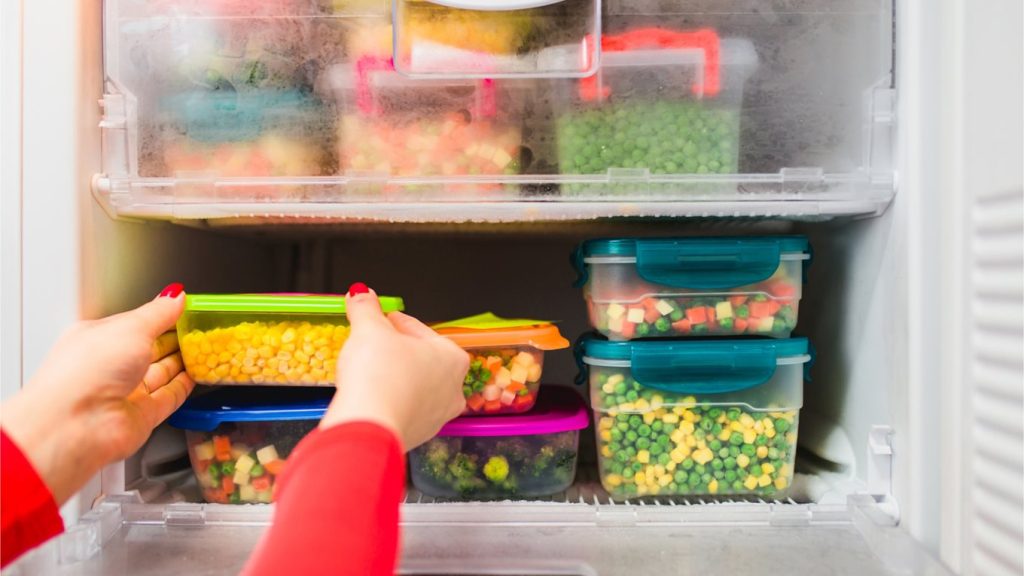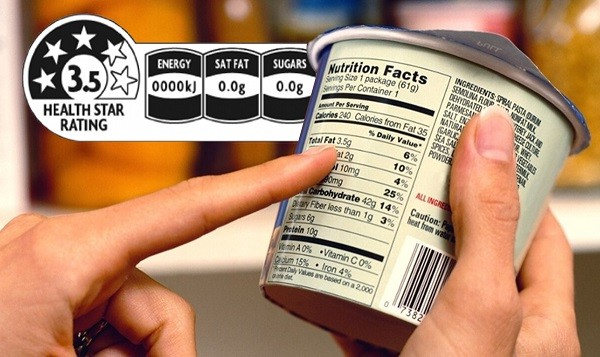Proper food storage is not only essential for preserving freshness and flavor but also crucial for preventing foodborne illnesses. Whether you’re stocking up at the grocery store or storing leftovers at home, following these guidelines will help you maintain food safety and minimize waste.
1. Know Your Storage Zones
Understanding where and how to store different types of food is fundamental:
- Refrigerator: Store perishable items such as meat, dairy, eggs, and ready-to-eat foods like deli meats and leftovers. Keep the refrigerator temperature at or below 40°F (4°C).
- Freezer: Ideal for storing raw meat, poultry, fish, and pre-cooked meals for extended periods. Maintain the freezer temperature at 0°F (-18°C) or lower.
- Pantry: Store dry goods, canned foods, and items that do not require refrigeration in a cool, dry place away from direct sunlight.
2. Packaging Matters
Proper packaging helps maintain food quality and prevents cross-contamination:
- Refrigerator and Freezer: Use airtight containers, resealable bags, or wraps designed for freezing to prevent freezer burn and maintain freshness.
- Pantry: Keep dry goods in sealed containers or original packaging to protect from pests and maintain freshness.
3. Organization is Key
Organize your refrigerator, freezer, and pantry to maximize storage space and ensure food safety:
- First In, First Out (FIFO): Rotate items so older products are used first to prevent spoilage and waste.
- Separate Raw and Cooked Foods: Store raw meat, poultry, and seafood in containers or sealed bags on the bottom shelf of the refrigerator to prevent juices from dripping onto other foods.
4. Follow Storage Guidelines
Different foods have varying shelf lives and storage requirements:
- Perishable Foods: Use or freeze perishable foods like meat, poultry, and dairy within a few days of purchase or by the expiration date.
- Leftovers: Refrigerate or freeze leftovers promptly. Store them in shallow containers to cool quickly and consume within 3-4 days.
- Canned Foods: Store unopened cans in a cool, dry place. Once opened, transfer leftovers to airtight containers and refrigerate.
5. Monitor and Maintain Temperatures
Regularly check and maintain refrigerator and freezer temperatures to ensure food safety:
- Refrigerator: Use a refrigerator thermometer to verify temperatures are consistently at or below 40°F (4°C).
- Freezer: Monitor temperatures to ensure they remain at 0°F (-18°C) or below for optimal food preservation.
6. Be Aware of Expiration Dates
Pay attention to expiration dates and use-by dates on packaged foods. Use your senses—smell and appearance—to assess the freshness of foods before consuming.
7. Handle with Clean Hands
Practice good hygiene when handling and storing food:
- Wash hands thoroughly with soap and water before and after handling food.
- Clean and sanitize storage containers, shelves, and countertops regularly to prevent bacterial contamination.
By following these guidelines for storing food safely, you not only extend the shelf life of your groceries but also reduce the risk of foodborne illnesses. Proper storage practices help maintain food quality and flavor, ensuring that your meals are not only delicious but also safe to eat. Take these simple steps to safeguard your health and enjoy your food with peace of mind.





